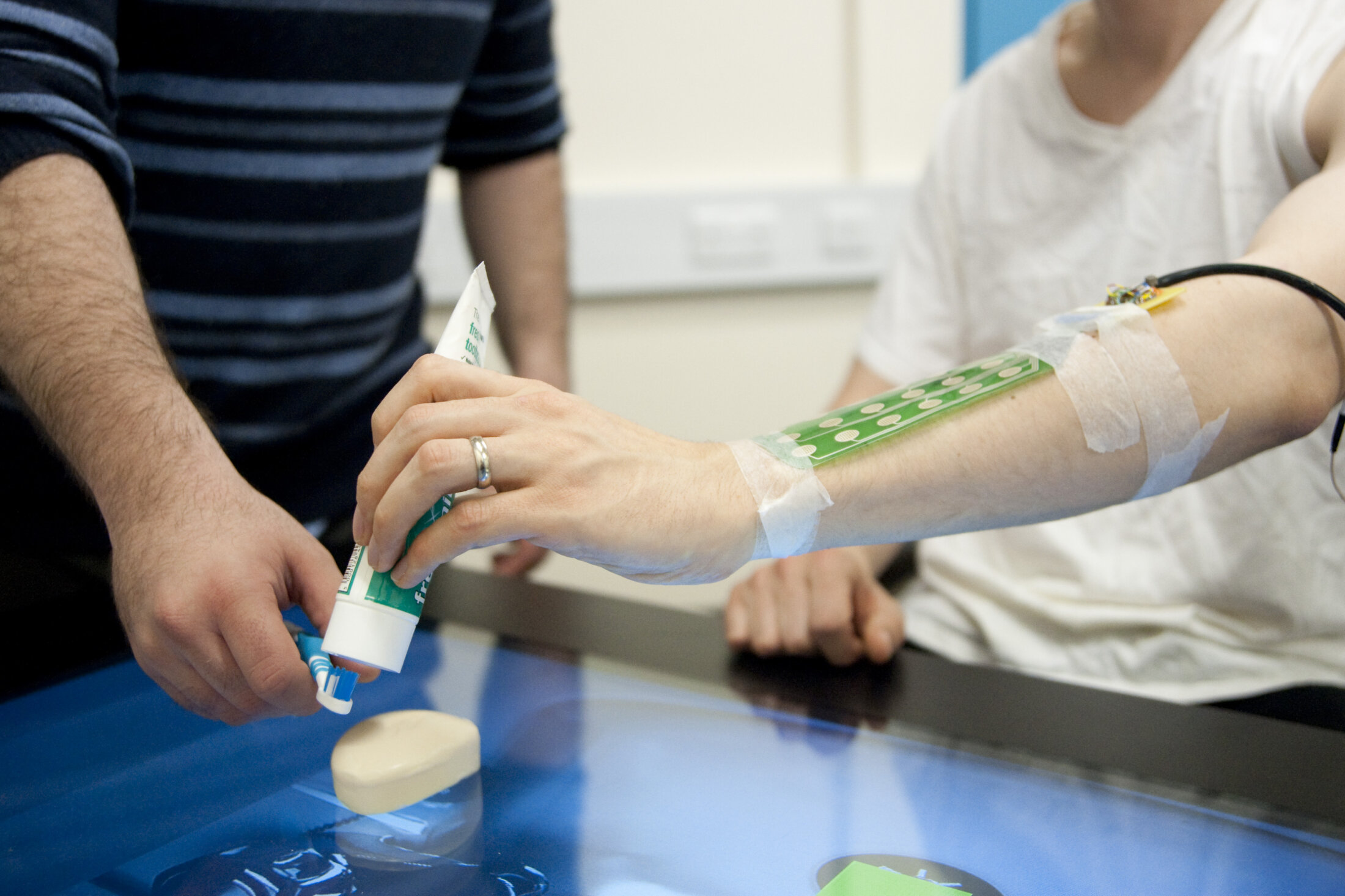
The incremental digitisation of our physical world is creating news ways to connect, aggregate and disaggregate digital representations of human health. The data-driven knowledge discovery that considers both an organism’s biological and psycho-social processes related to interactions with natural environments and networked health systems is becoming more technically complex. It is also generating greater insights into our health and wellbeing. New sensors and increased communication using digital clinical information is changing the interaction between clinicians and patients. These changes are opening up new areas of research from the design of new sensors to the application of AI within the health domain, to understanding the socio-technical implications of digital interventions on behaviour change.
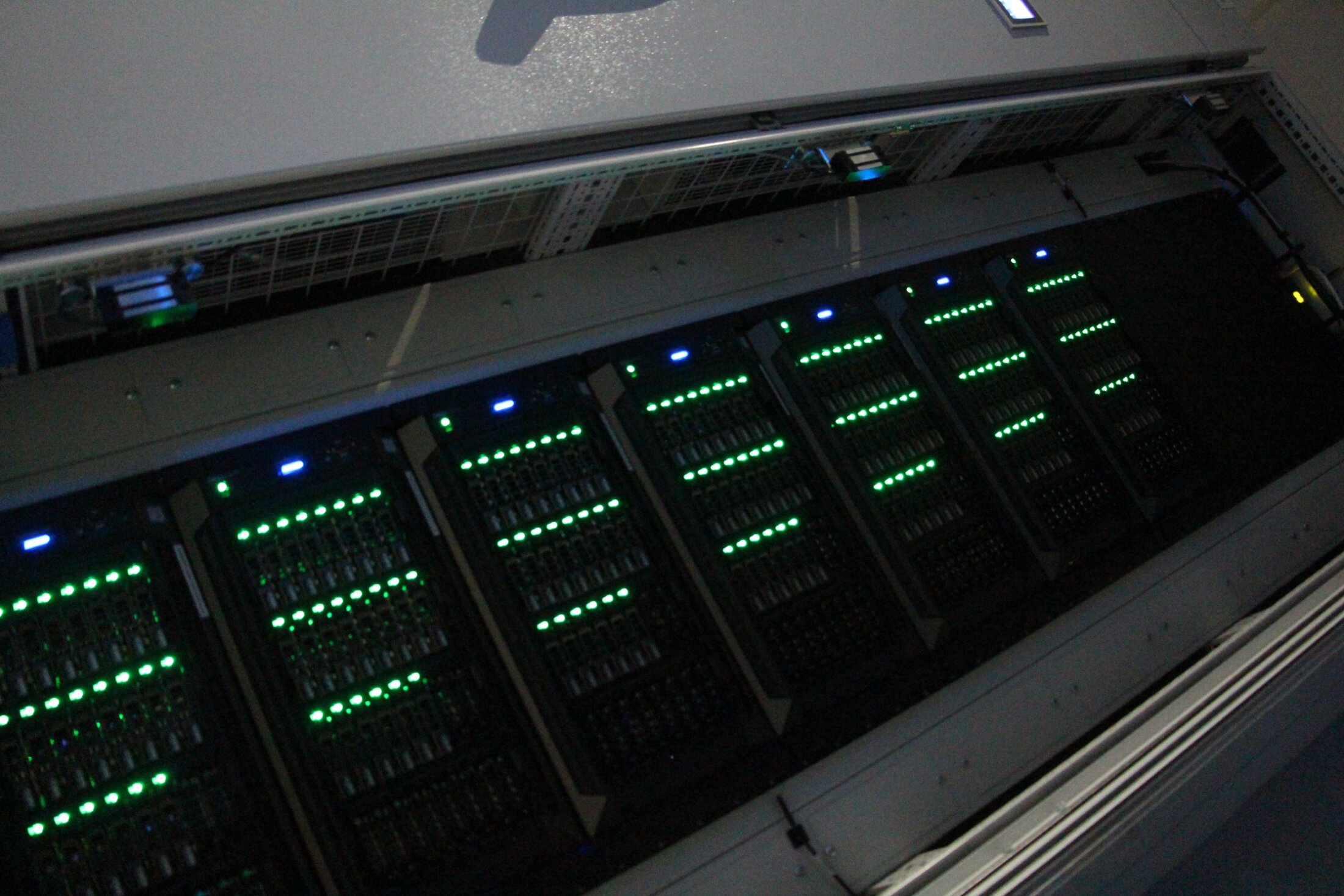
ECS at Southampton is leading in the following areas
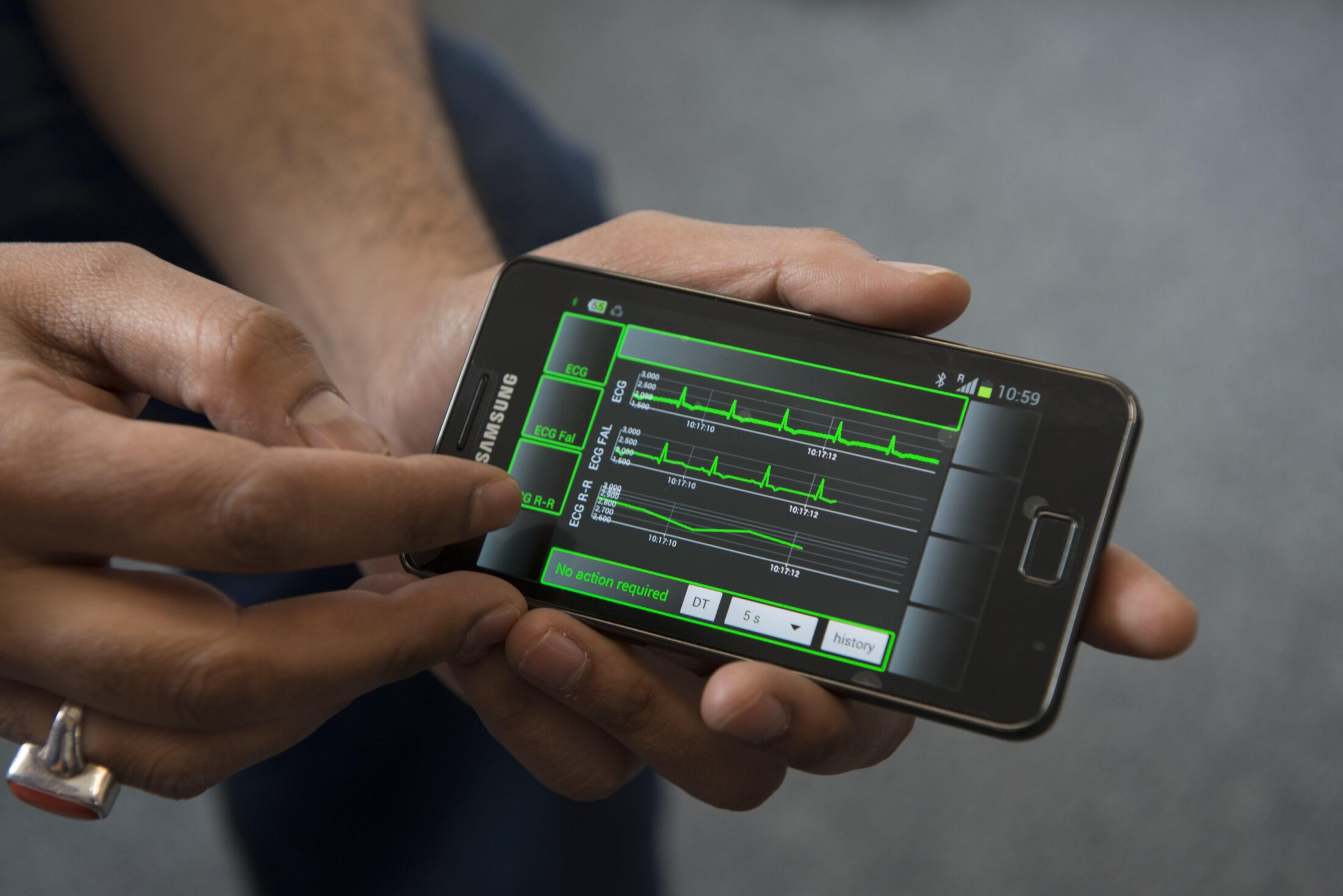
Electronics and Computer Science (ECS) is a trusted and internationally recognised pioneer in the future of healthcare through leadership and collaboration in digital health systems research and transformation. We are improving patient outcomes, clinical decision-making and cost reductions by increasing digital and data literacy in our future digital health workforce. We achieve this through education programmes that develop people with digital skills for future health systems, while also enhancing the student experience, increasing employability, and providing continuous professional development for current health and social care workers.
We have strong industrial partnerships across all areas of the ecosystem, including medtech and pharma, as well as deep connections with the local NHS Trust. We have excellent relationships with further trusts including NHS University Health Southampton (UHS), Portsmouth Hospitals NHS Trust, Solent and Southern, and Hampshire Hospitals NHS Foundation Trust (HHFT). At HHFT, ECS staff contribute as Data Champions.
The newly established Social Data Foundation, uniting Southampton City Council, UHS and the University to collaborate on the transformation of health and social care, aims to bring together data across institutional remits for better research.
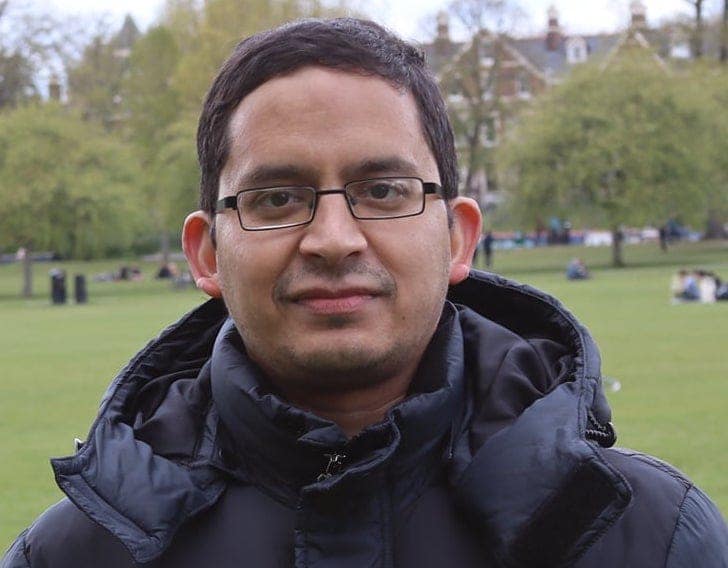
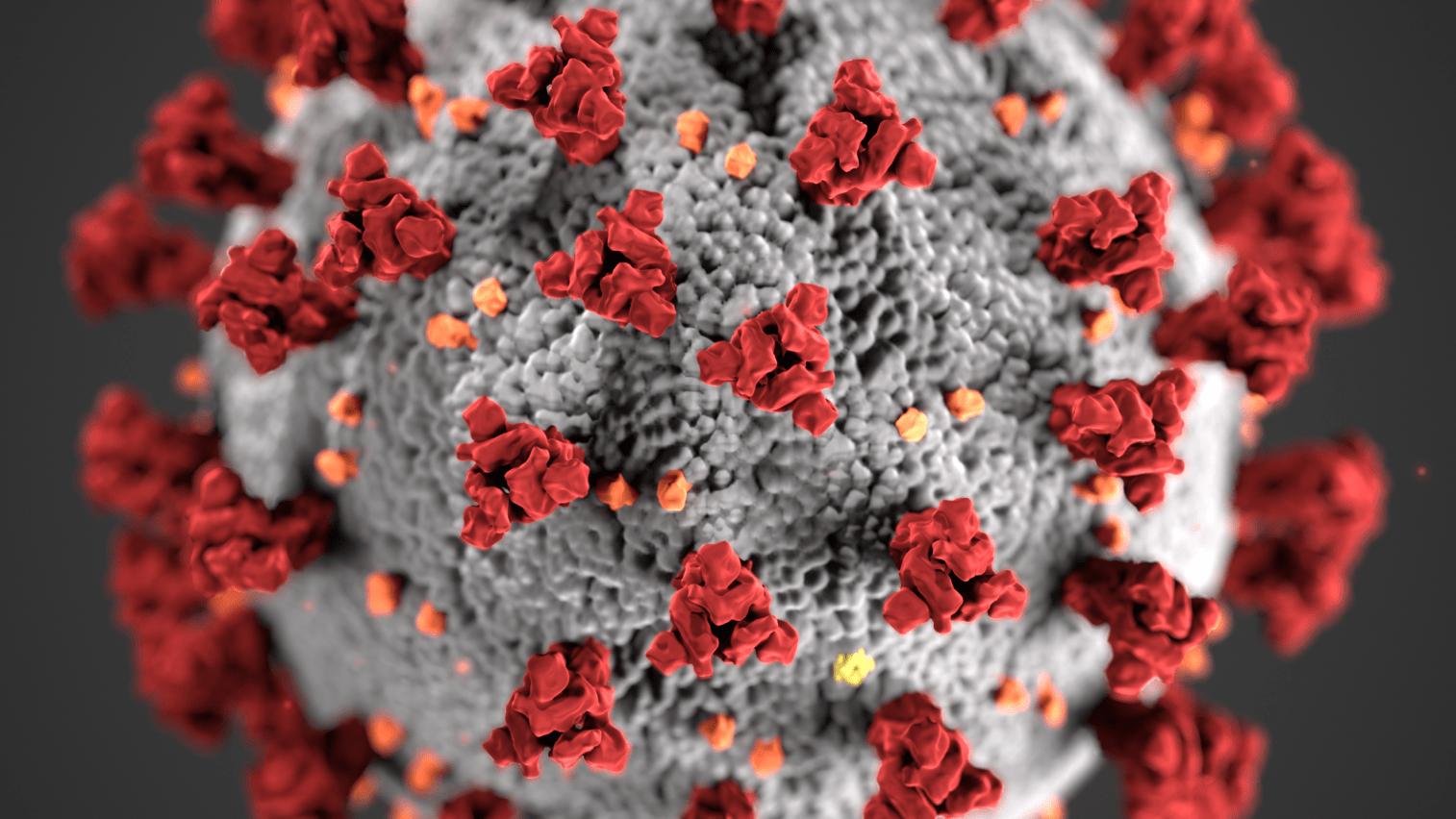
Can audio sensing be used for social good? The answer is “yes”. I am Jagmohan Chauhan, a lecturer in the Cyber Physical Systems Group, and my research interest is in the design of mobile systems for healthcare which span areas as diverse as sensing, artificial intelligence, systems, signal processing and data science.
At the beginning of the pandemic, we started exploring the idea of using crowdsourced audio data captured through smartphone microphones to check the feasibility of digital testing of COVID-19. This approach could help authorities to identify COVID-19 cases efficiently, affordably and at scale as everyone owns a smartphone. To date, a large number of audio samples have been amassed from varied demographic populations across the world.
By analysing the collected data using state-of-the-art deep learning techniques, we have created a suite of tools that demonstrates reasonable accuracy and shows the potential of using audio for timely detection of COVID-19. This work has generated a great deal of interest around the globe and has been covered by many news outlets. Other than being an automated screening tool, this can also provide complementary information to clinicians, and be used as a personalised tool to remotely monitor progression of the disease.